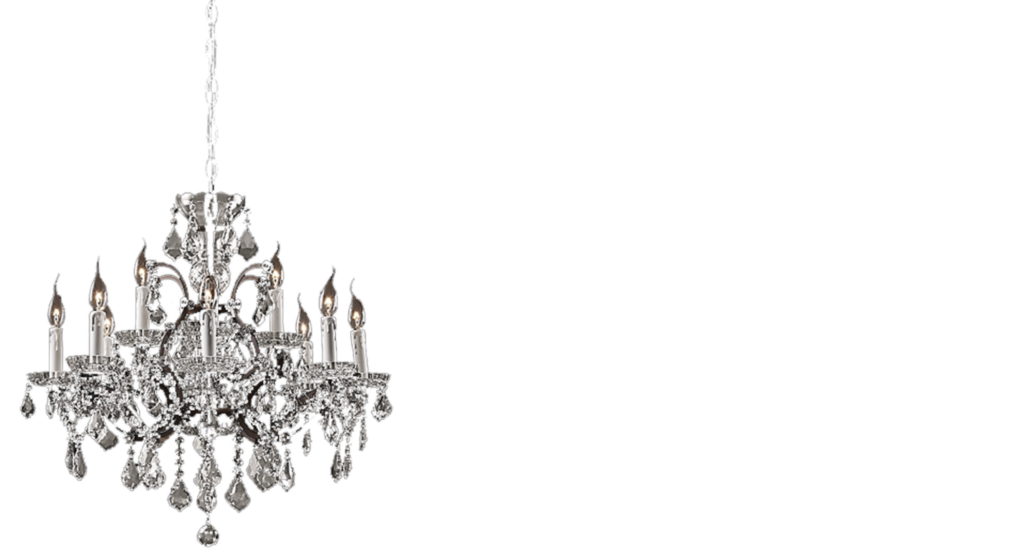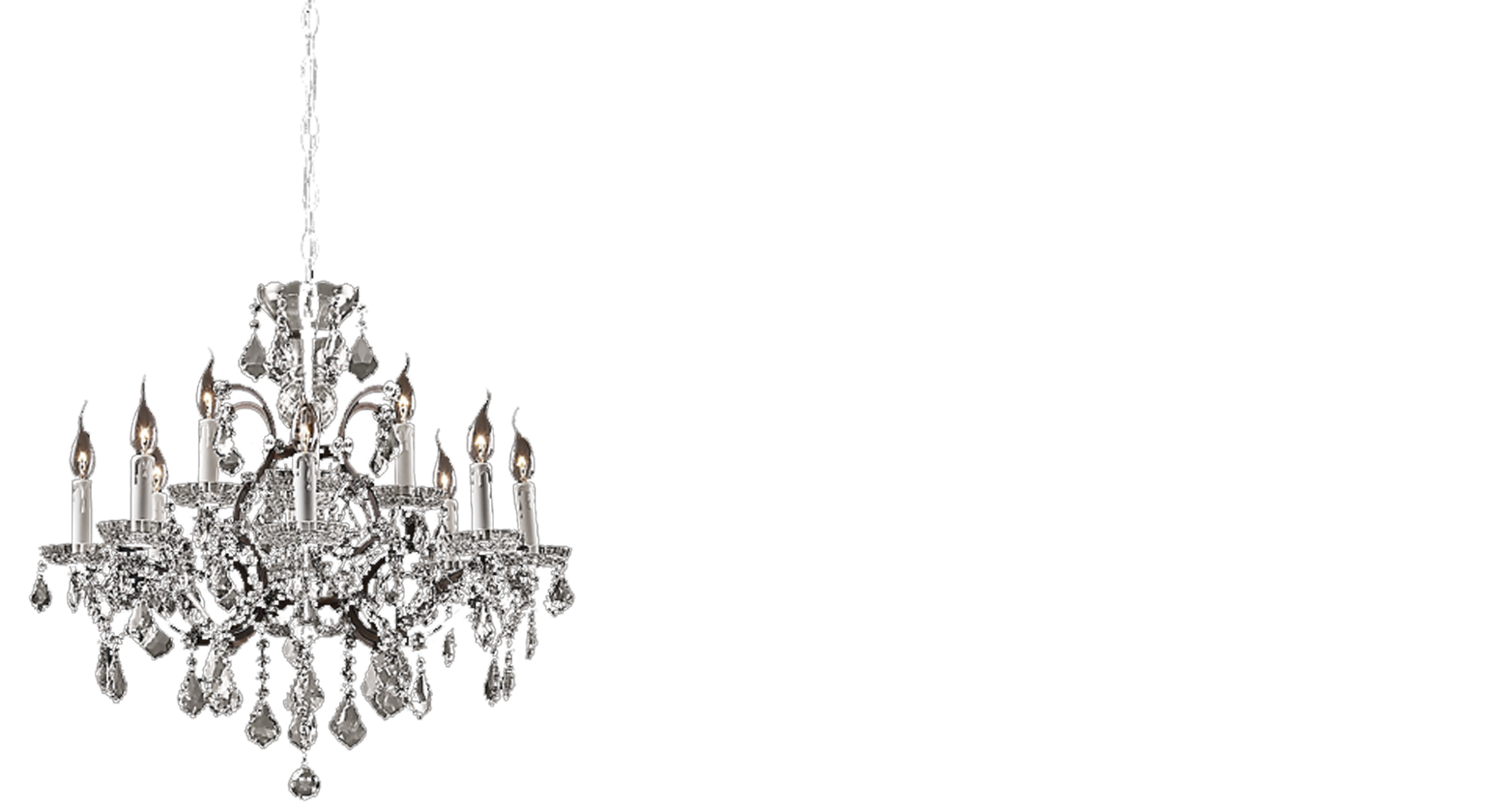Psychiatrists treat depression through a combination of evidence-based approaches tailored to each patient’s unique needs. As licensed medical doctors and mental health professionals, psychiatrists can evaluate the severity of symptoms of depression, diagnose underlying mental health conditions, and prescribe antidepressants such as SSRIs or SNRIs when appropriate. They also consider co-occurring medical conditions, substance use disorders, or other mental disorders like bipolar disorder, anxiety disorders, or ADHD that may influence the course of treatment.
In addition to medication, psychiatrists may recommend psychotherapy, such as cognitive behavioral therapy (CBT) or talk therapy, either directly or through collaboration with other mental health providers. For individuals with major depressive disorder or severe depression, more advanced interventions may be considered, such as transcranial magnetic stimulation (TMS), ketamine therapy, or even electroconvulsive therapy (ECT). The goal of depression treatment is to relieve symptoms, support daily life functioning, and improve long-term well-being, with the psychiatrist overseeing the development and adjustment of a personalized treatment plan.
The Psychiatry Process
The psychiatry process is designed to provide patients with a structured, supportive pathway toward improved mental health. Whether someone is struggling with major depression, bipolar disorder, or another mental illness, the goal is to create a personalized approach that addresses symptoms, lifestyle, and any coexisting medical conditions or substance abuse concerns. Working with a mental health professional, patients can explore the full range of treatment options—from psychotherapy and antidepressants to innovative therapies like TMS or ketamine—in a safe, evidence-based environment.
First Session/Consultation
During the initial visit, the psychiatrist will conduct a comprehensive assessment. This includes a detailed discussion of your symptoms of depression, daily life, medical history, family background, and any relevant mental health issues. The psychiatrist may ask about past treatments, current medications, and other factors such as substance use or suicidal ideation. This session helps form a clear clinical picture so that the provider can accurately diagnose conditions such as major depressive disorder, anxiety disorders, or ADHD, and begin outlining next steps.
Treatment Plan
After the initial consultation, the psychiatrist develops a customized treatment plan. This may involve antidepressants, CBT, talk therapy, or referrals to other mental health services, such as support groups or social workers. For more resistant forms of depression, transcranial magnetic stimulation (TMS) or ketamine therapy may be introduced. The treatment plan is a collaborative effort, guided by the patient’s preferences, progress, and any concerns about side effects or functional goals.
Follow-up Sessions
Ongoing sessions allow the psychiatrist to monitor the patient’s progress, adjust medications as needed, and reevaluate the treatment plan. These appointments are essential for addressing emerging mental health conditions, managing side effects, and supporting long-term well-being. In some cases, the psychiatrist may coordinate with other healthcare professionals, including nurse practitioners, primary care physicians, or psychotherapists, to ensure comprehensive care for both mental and physical health.
Types of Treatment for Depression
There are several effective treatment options available for individuals experiencing depression, and psychiatrists are trained to determine which approach—or combination of approaches—will best suit each patient’s unique needs. Whether a person is navigating major depressive disorder, bipolar disorder, or co-occurring mental health issues, the right intervention can significantly improve daily life and overall well-being. Below are some of the most common and advanced forms of depression treatment offered by today’s mental health professionals.
Psychotherapy
Also known as talk therapy, psychotherapy helps individuals explore emotional challenges, thought patterns, and behaviors contributing to depression. Techniques such as cognitive behavioral therapy (CBT) are particularly effective, helping patients identify negative thinking patterns and develop healthier coping strategies. Psychotherapy is often recommended in combination with medication and can be conducted by psychiatrists, psychologists, or licensed mental health providers.
Medications (Psychopharmacology)
Antidepressants are a cornerstone of psychiatric care for major depression and related mood disorders. These medications, including SSRIs, SNRIs, and atypical antidepressants, help balance brain chemicals like serotonin to alleviate symptoms of depression. Medication decisions are made after a careful evaluation of medical history, potential side effects, and coexisting mental health conditions such as ADHD or anxiety disorders. Psychiatric providers closely monitor patients and make adjustments as needed during follow-up sessions.
Transcranial Magnetic Stimulation (TMS)
TMS therapy is a non-invasive, FDA-approved treatment for patients with treatment-resistant depression. It uses magnetic pulses to stimulate specific regions of the brain involved in mood regulation. Unlike medications, TMS does not circulate through the bloodstream, reducing the risk of systemic side effects. This therapy is typically recommended when traditional depression treatment has not yielded sufficient improvement.
Spravato (Esketamine) Therapy
Spravato is a fast-acting nasal spray derived from ketamine, approved for adults with treatment-resistant depression. Administered in a clinical setting under supervision, it offers rapid relief from severe depression and suicidal ideation when other treatments have failed. Spravato works differently from traditional antidepressants, targeting the NMDA receptor to create a new path for restoring emotional balance.
ExoMind Therapy
ExoMind is a cutting-edge therapy for depression that combines neurostimulation with precision feedback to help regulate emotional and cognitive functioning. While still emerging, ExoMind has shown promise for individuals who have not responded to standard treatments. As one of the few clinics with experience administering ExoMind, we’re able to offer access to this novel form of mental health care, particularly for young adults and others facing complex mental health conditions.
Schedule Your First Appointment
If you or a loved one is struggling with symptoms of depression, it’s important to know that help is available—and effective treatment is within reach. At Luxury Psychiatry Clinic, our experienced mental health professionals are here to guide you through every step, from initial diagnosis to personalized care. Whether you’re exploring psychotherapy, antidepressants, TMS therapy, or innovative options like Spravato or ExoMind, we’ll help you build a treatment plan that supports your healing and improves your daily life.
Don’t wait to prioritize your mental health. Schedule your first consultation today to connect with a compassionate psychiatrist who specializes in depression treatment. Let’s work together to find the right path forward—for your mind, your well-being, and your future.
